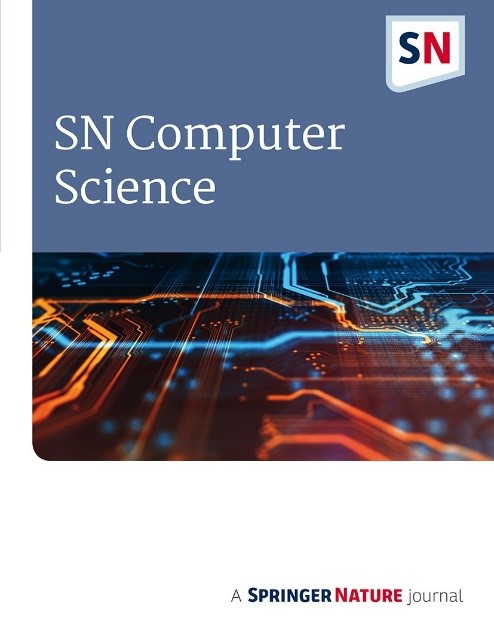ICIRE 2023 International Conference on Internet Research and
Engineering is a technical gathering of Internet and
Cyber-Security professionals to exchange the latest developments
that are gaining momentum in the ever-growing global
infrastructure of Internet. The conference aims to serve as a
technical forum to share and learn about the various works that
may lead to the next Generation of Internet Infrastructure and its
security.
The conference is a single day program
with tutorials, followed by invited talks and the selected paper
presentations.
We invite original research submissions and
findings based on large scale practical implementation on the
following topics, but not limited to:

The selected and presented papers will be invited for submissions to a special edition titled "Advanced Internet Engineering and Research" in Scopus Indexed Springer Nature Computer Science Journal. Please check instructions for the authors for submission details. The previous edition of the conference was held as ICIRE 2019.
Submissions must not substantially duplicate work that any of the authors has published elsewhere or has submitted in parallel to any journal or any other conference or workshop with formally published proceedings. Authors may also not submit the work to any other journal or conference/workshop with published proceedings until the date of notification. Accepted submissions may not appear in any other conference or workshop that has proceedings. Information about submissions may be shared with program chairs of other conferences for the purpose of detecting duplication. Submissions must be processed in Microsoft Word/LATEX format and must use the standard Springer Nature Journal format available at:
Each submission must begin with a title, a short abstract, and a list of key words, followed by a main body, appendices (if any), and references. The main body should begin with an introduction that summarizes the contributions of the paper at a level appropriate for a non-specialist reader. If the authors include appendices, they should be placed after the main body and before the references. Submissions not meeting these requirements risk rejection without consideration of their merits. Optionally, additional supporting material can be appended to the submission. The additional supporting material should be placed after the references, it should be well-marked, and it has no prescribed form or page limit. Alternatively, the supporting material can be submitted as a separate file. Authors are encouraged to use this space to include proofs, source code, and other information allowing verification of results; unverifiable papers risk rejection. However, committee members will read the additional supporting material at their discretion, so the submission should be intelligible and self-contained without it.
All contributions to ICIRE 2023 must be submitted online as per the prescribed format by email to icire@iiref.in.
International Conference on Internet Research and Engineering
(ICIRE)
Indian Internet Research and Engineering Forum.
Centre for Development of Advanced Computing
68,
Electronics City Bengaluru,
Karnataka (India)- 560100